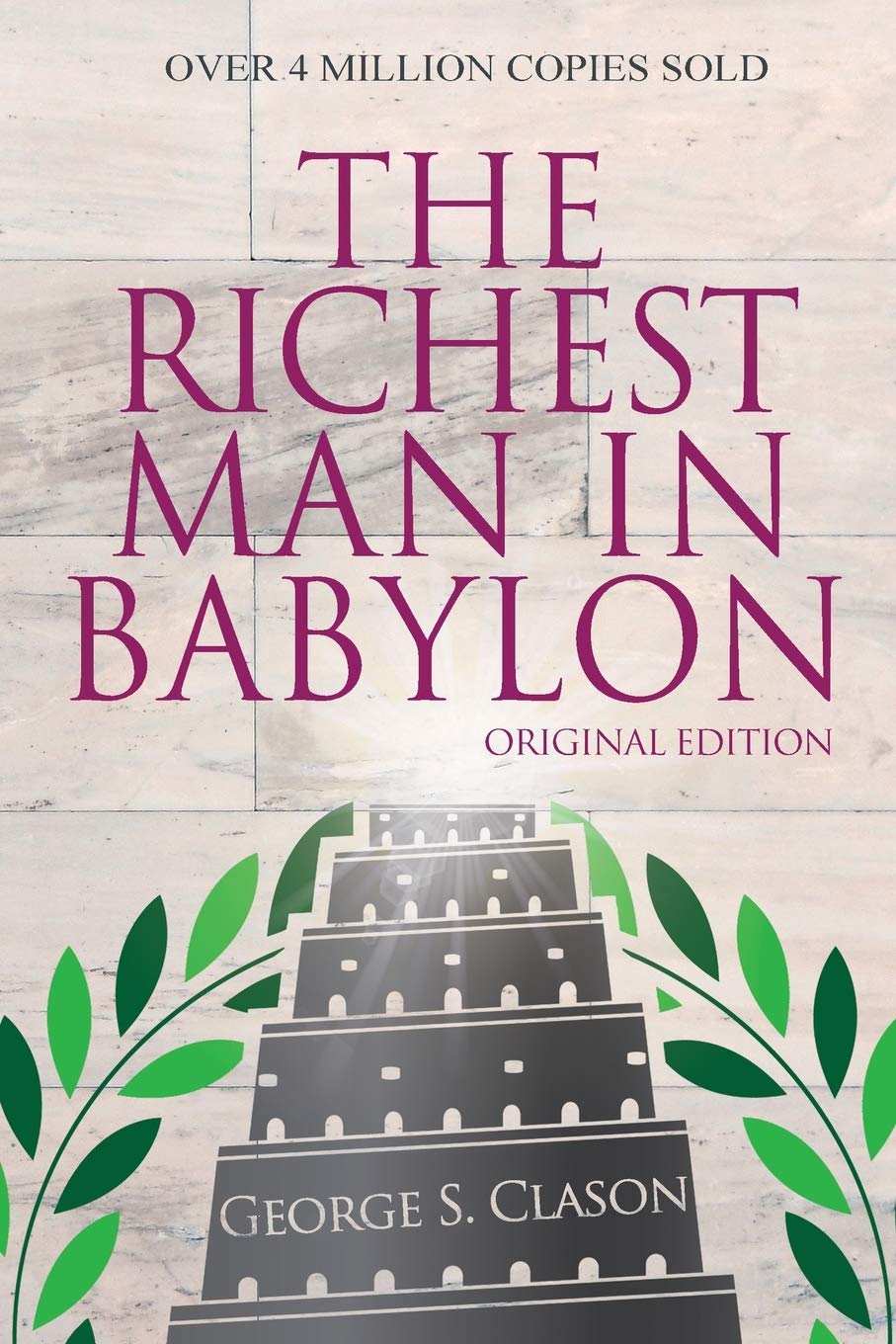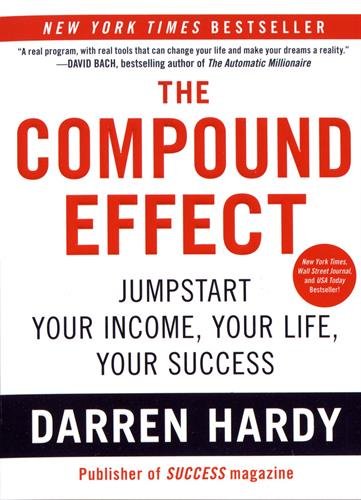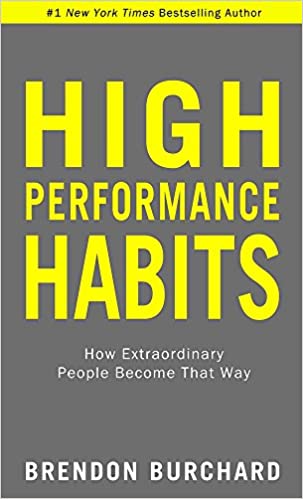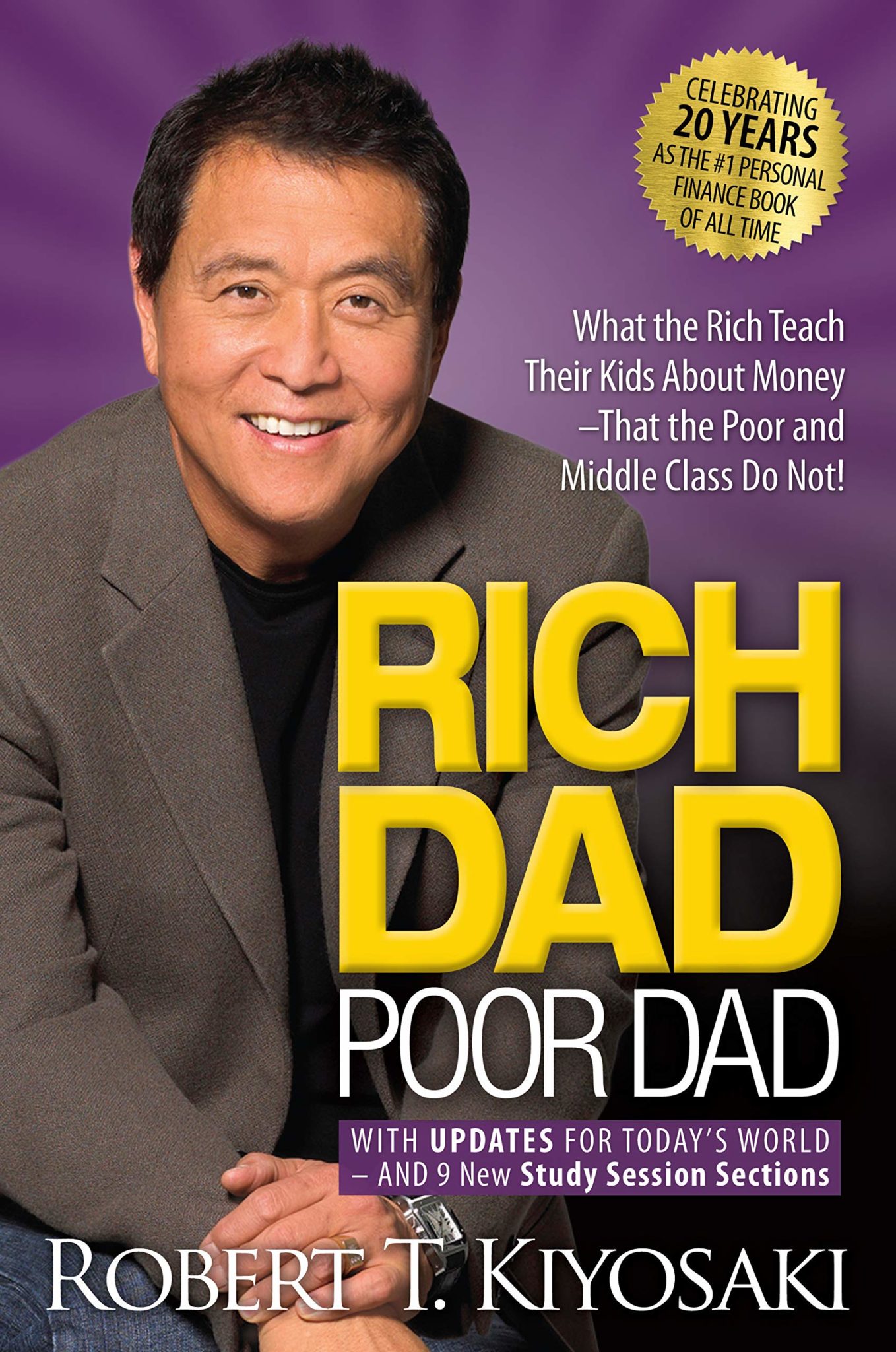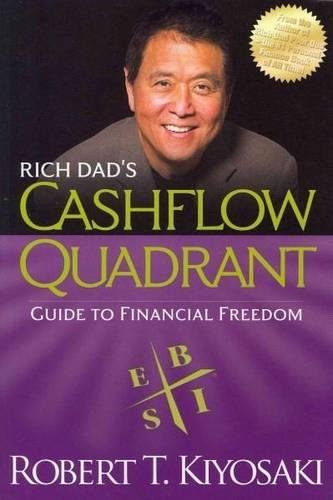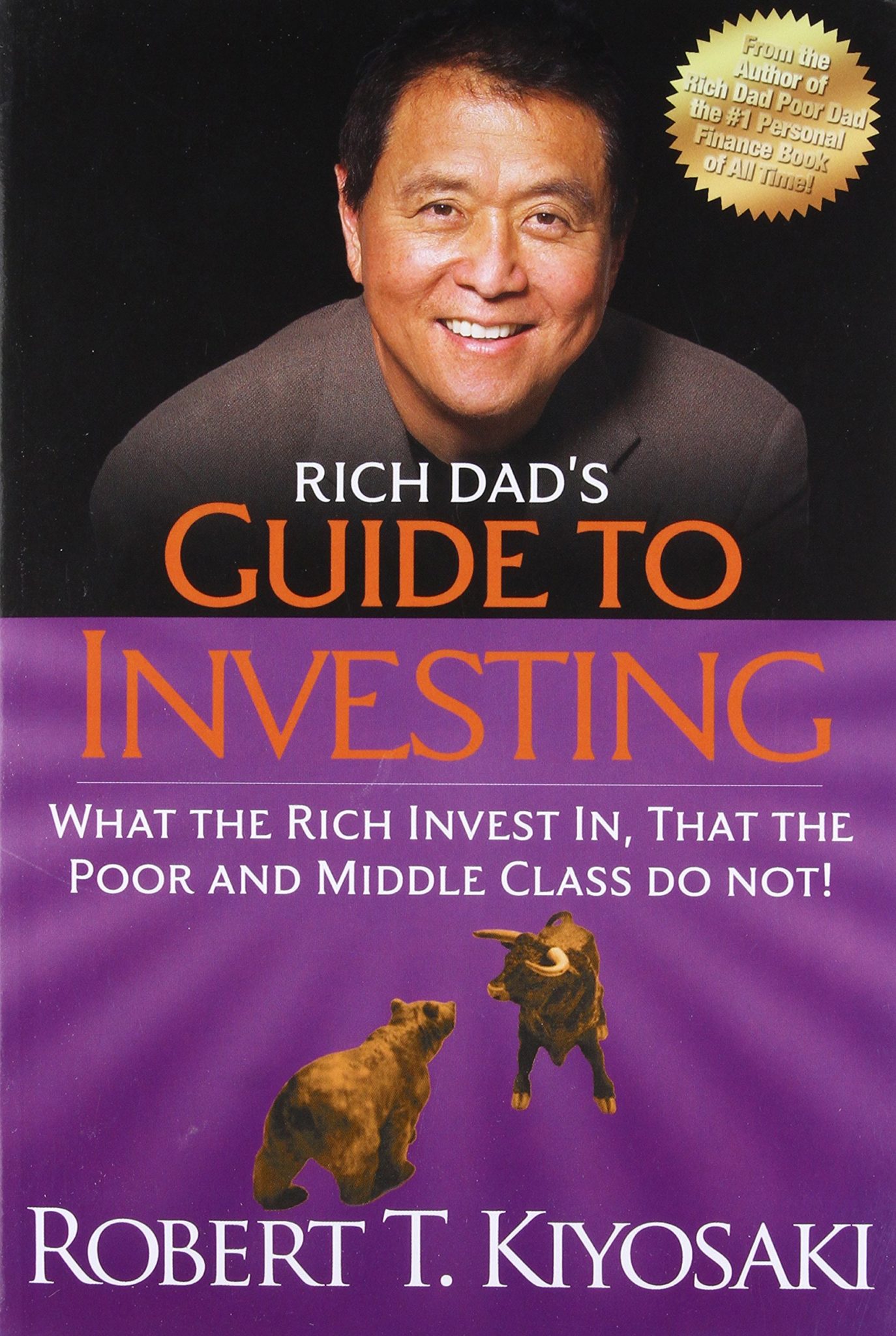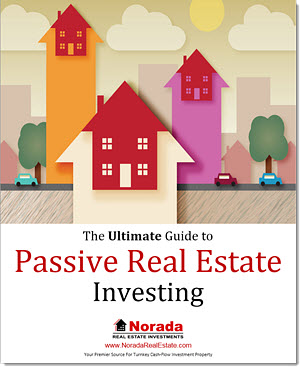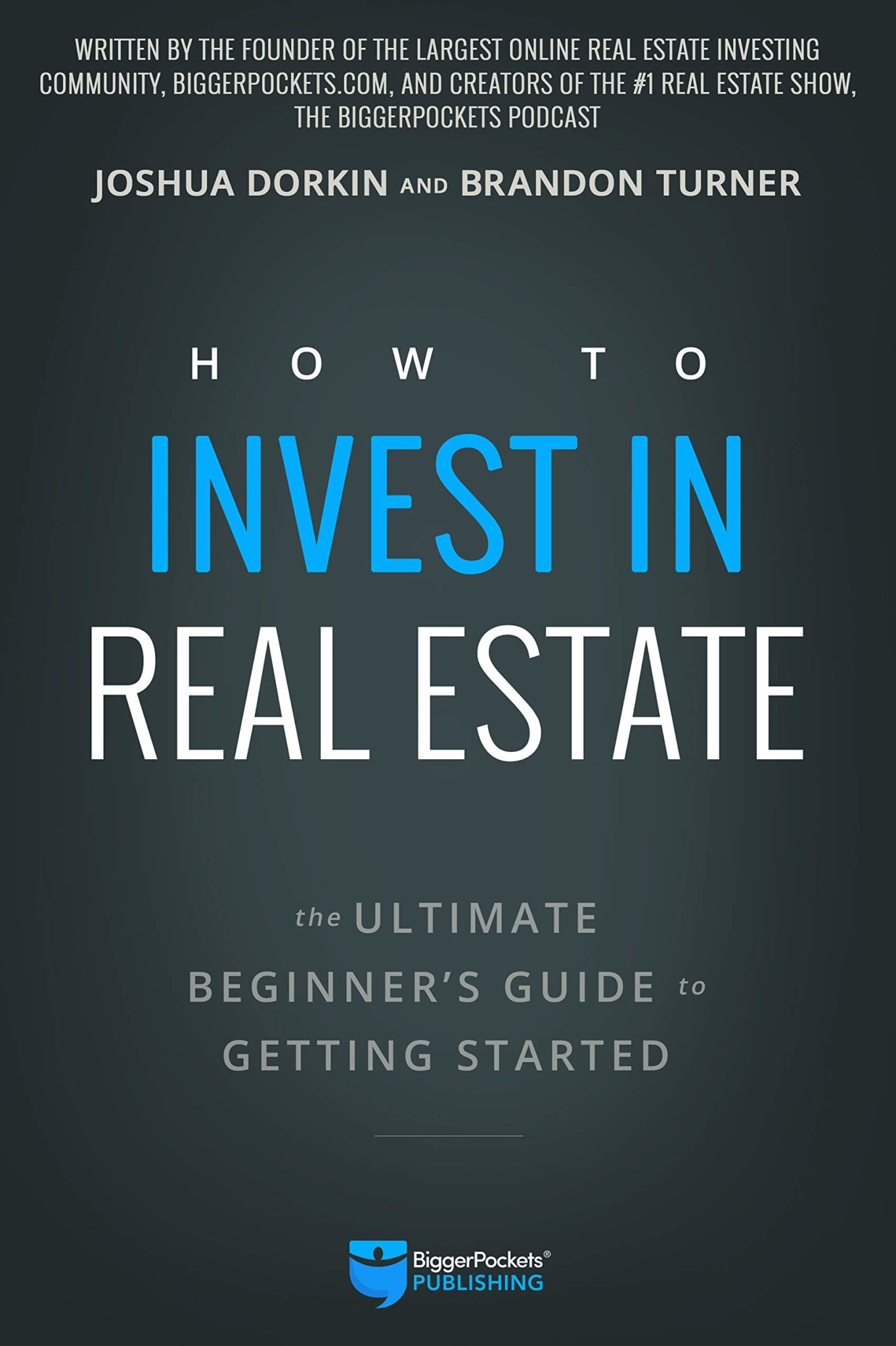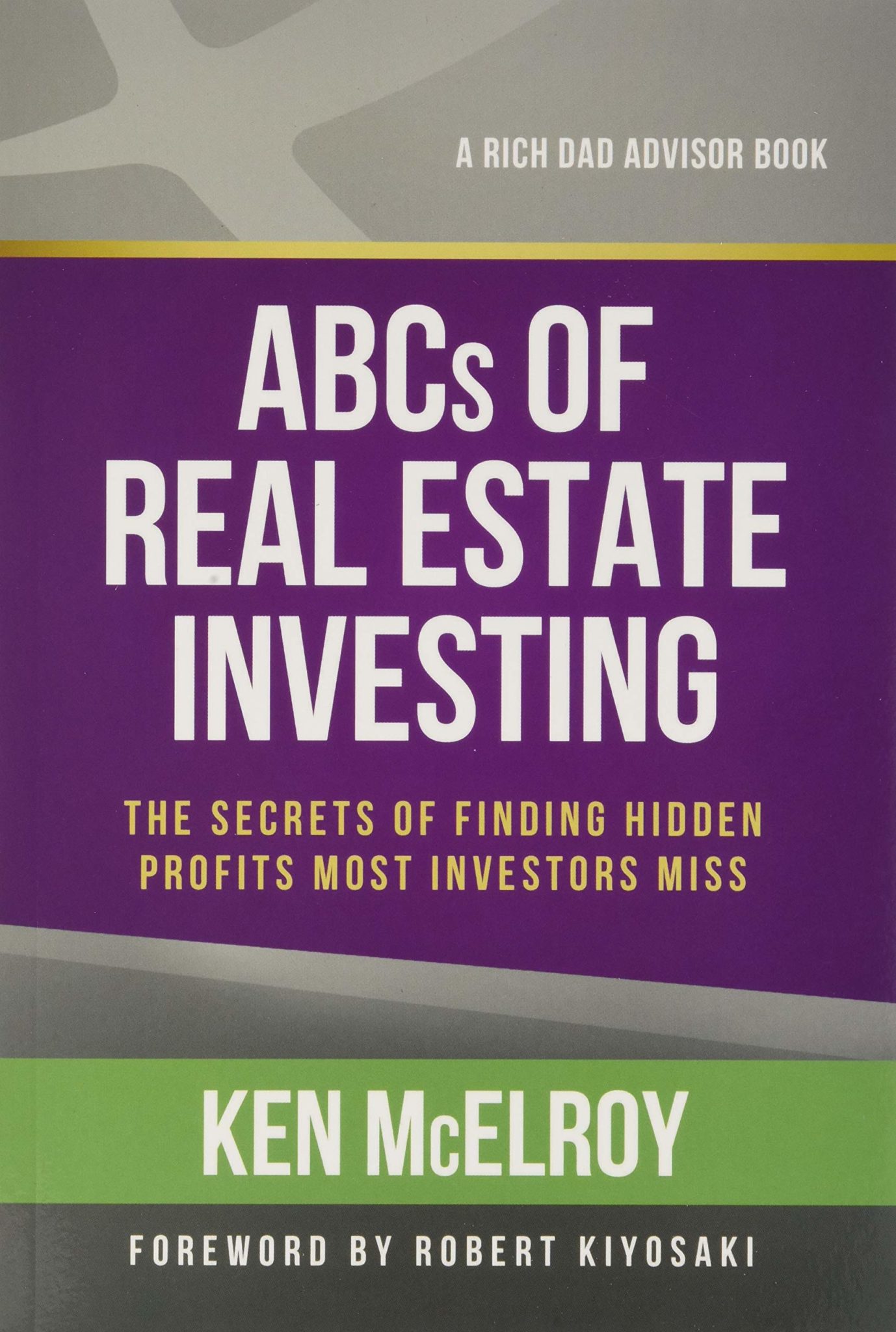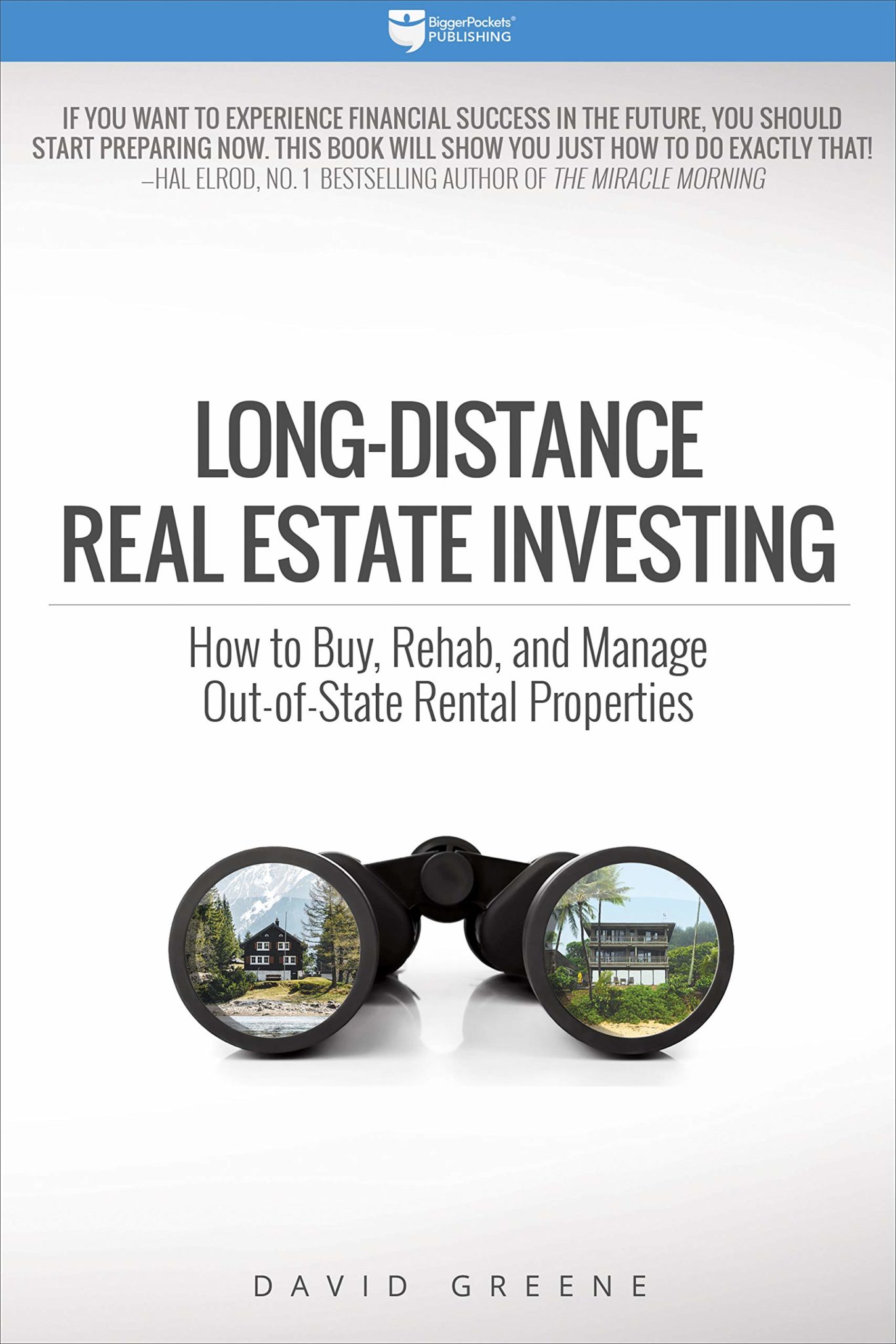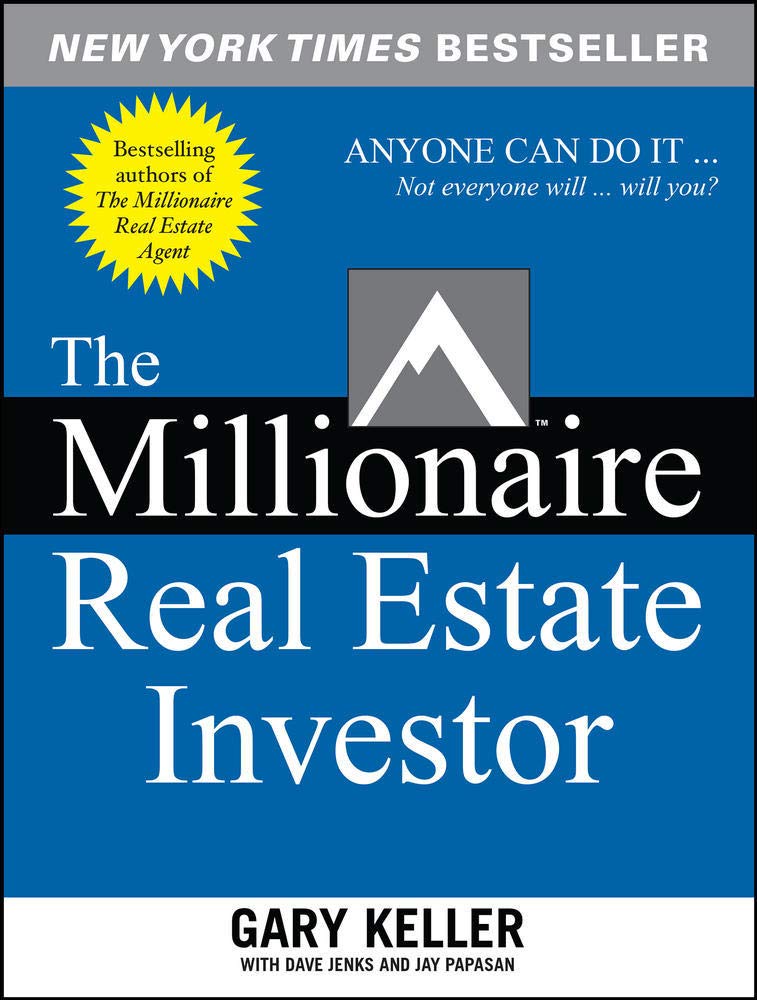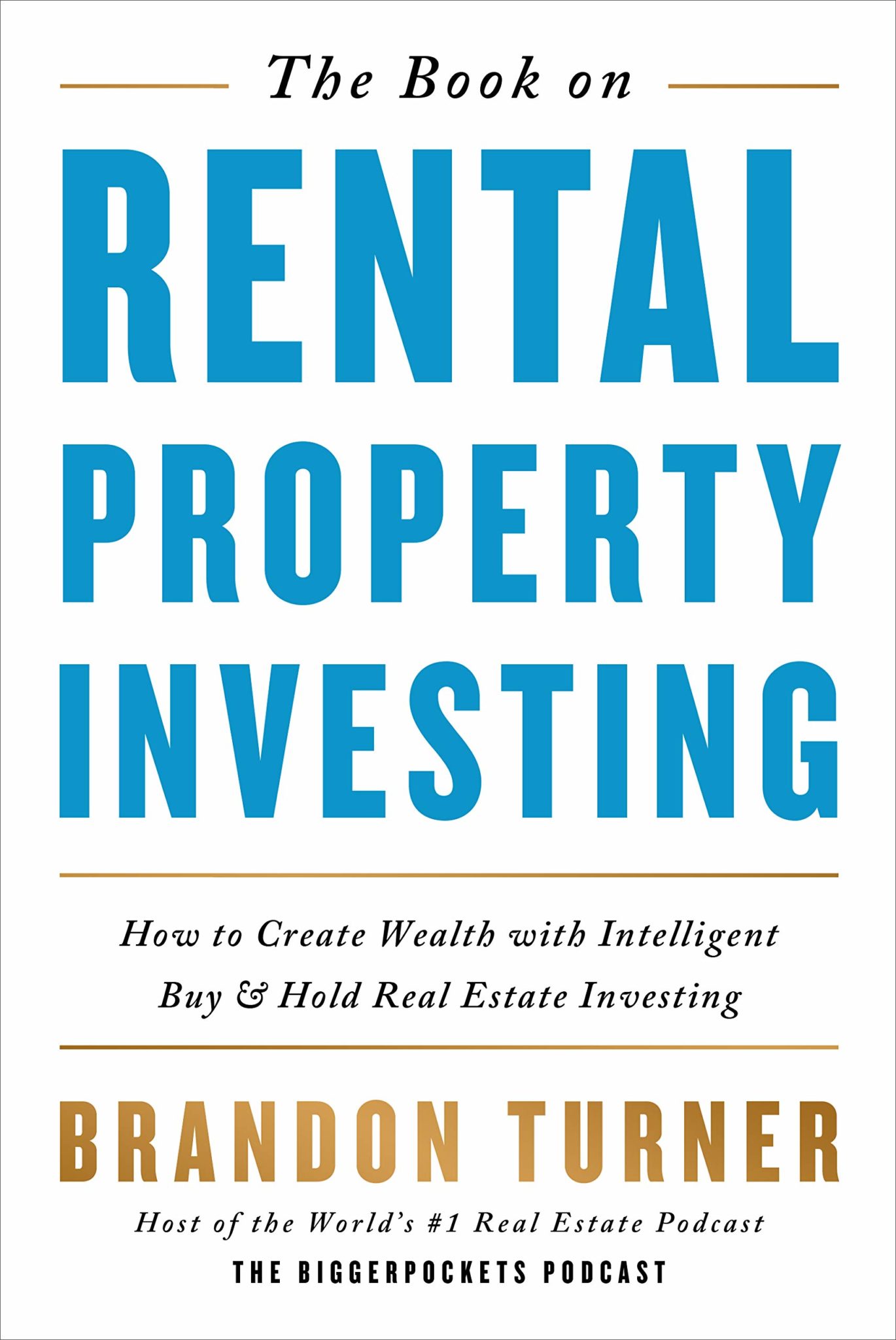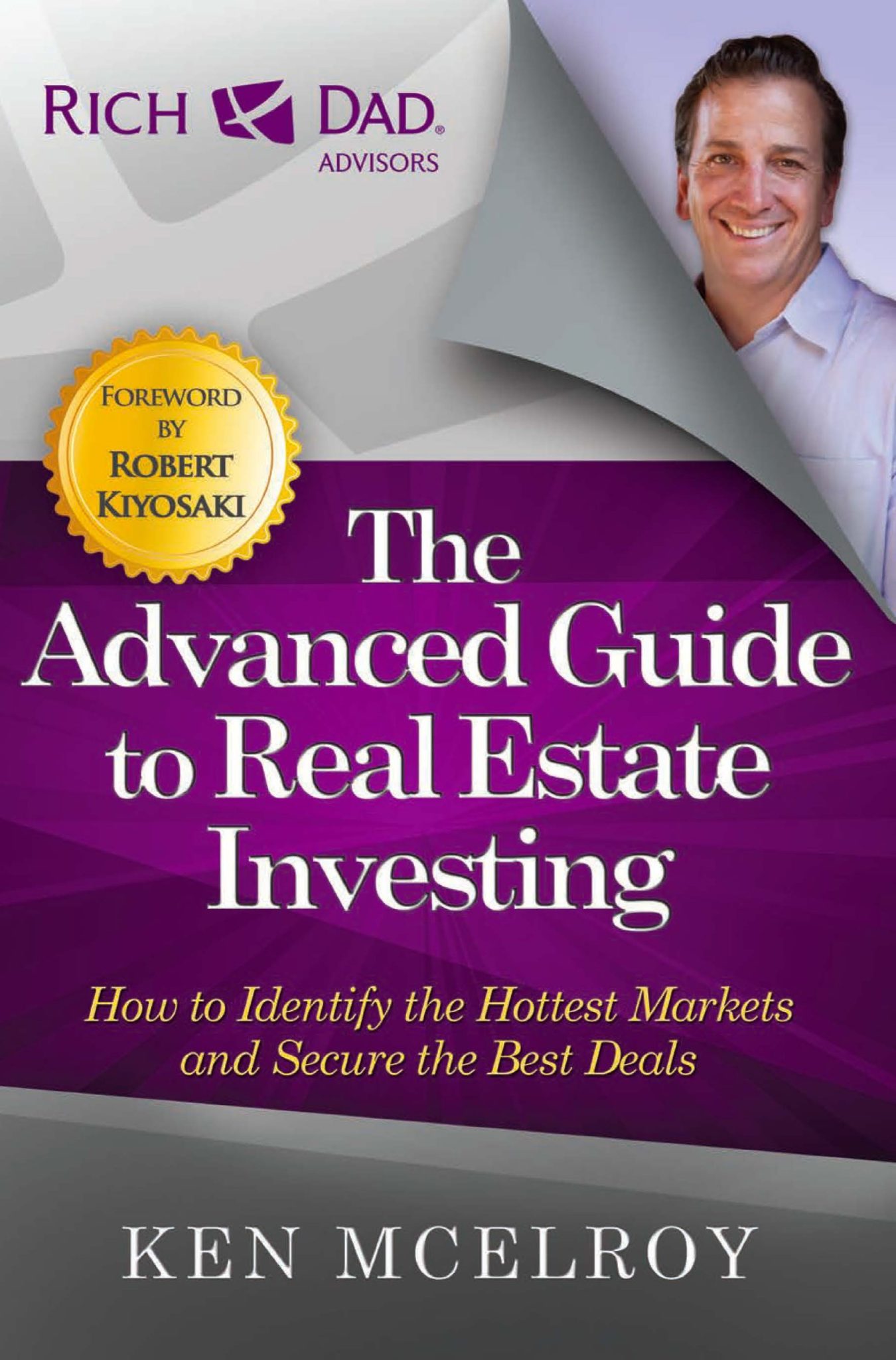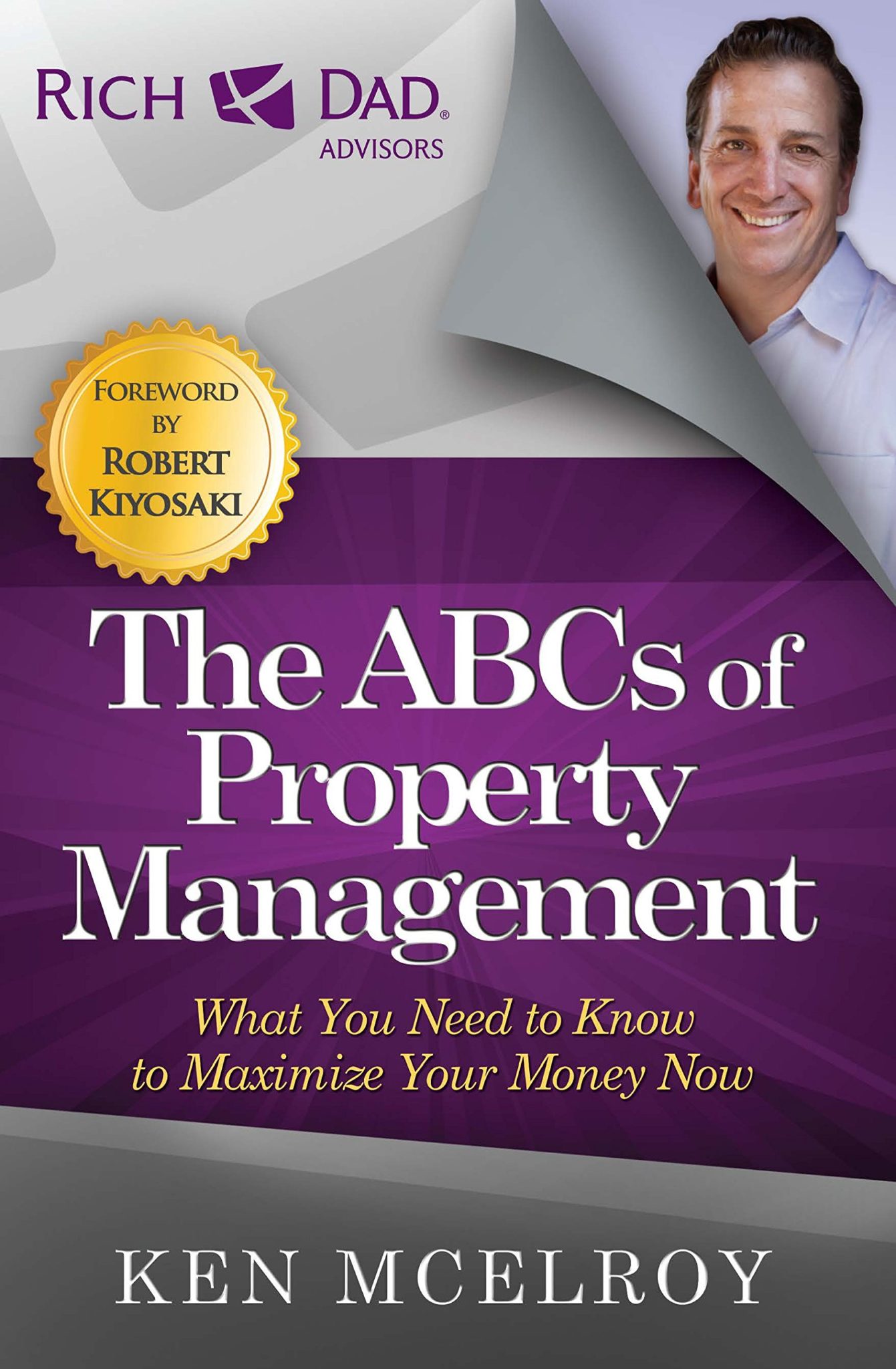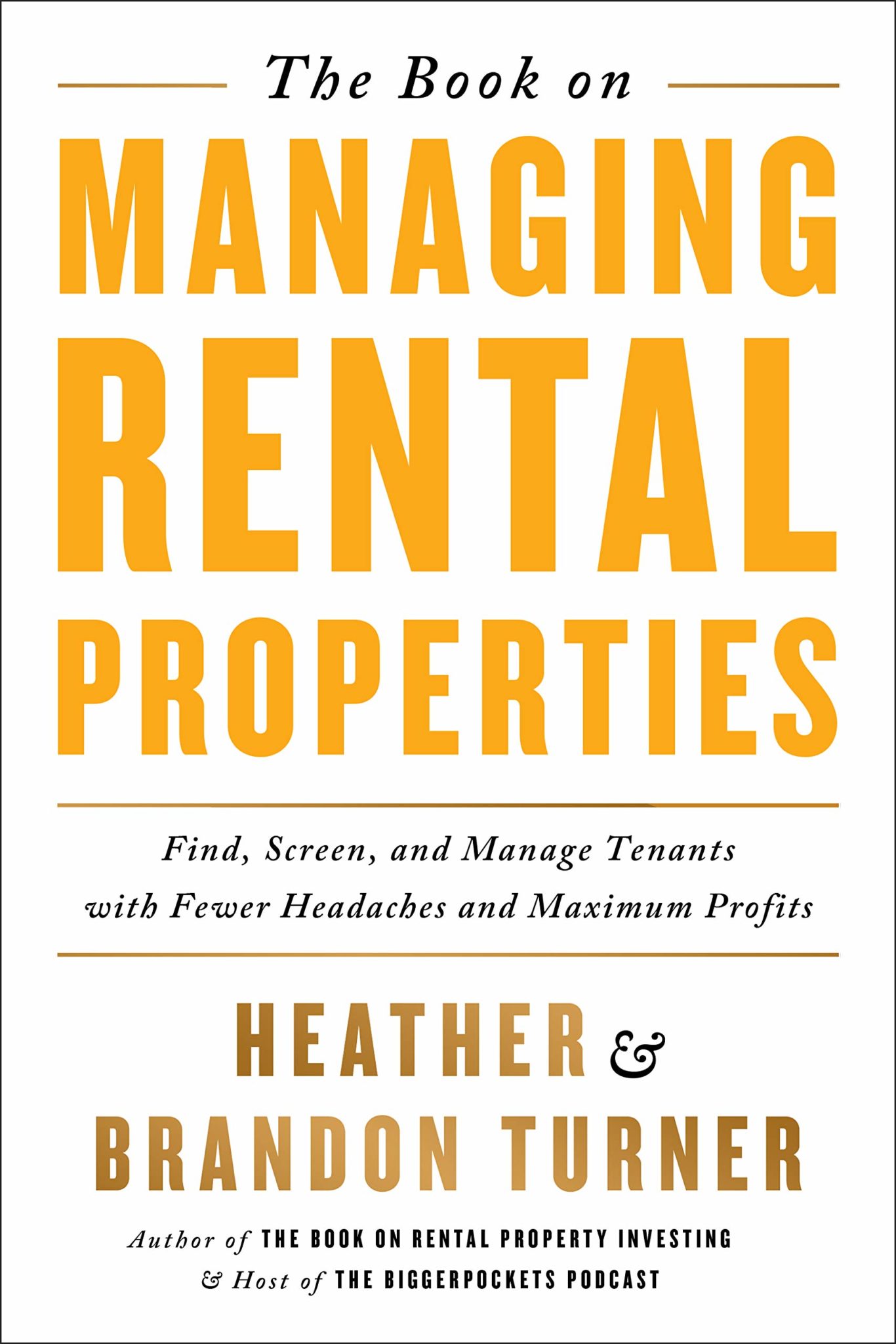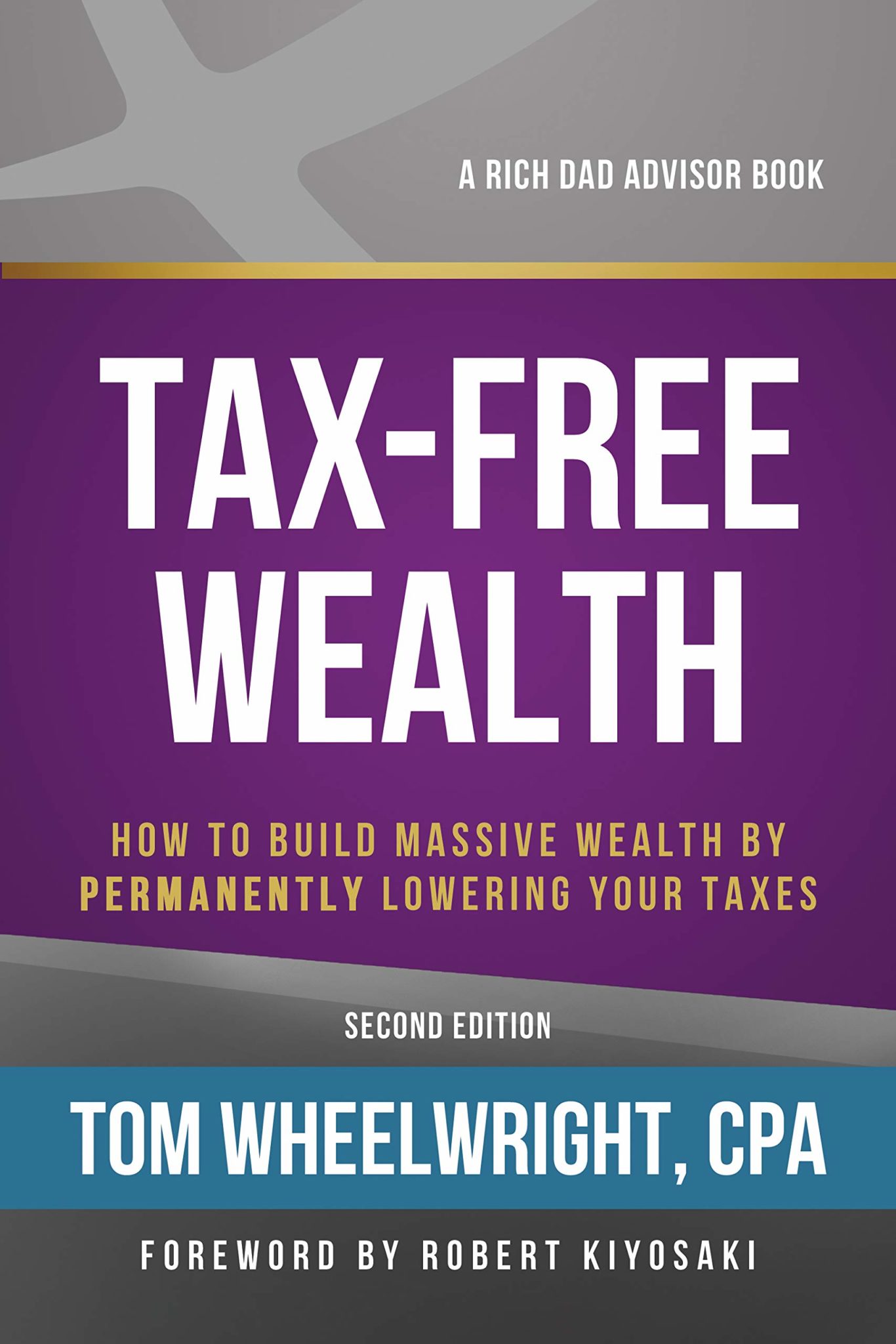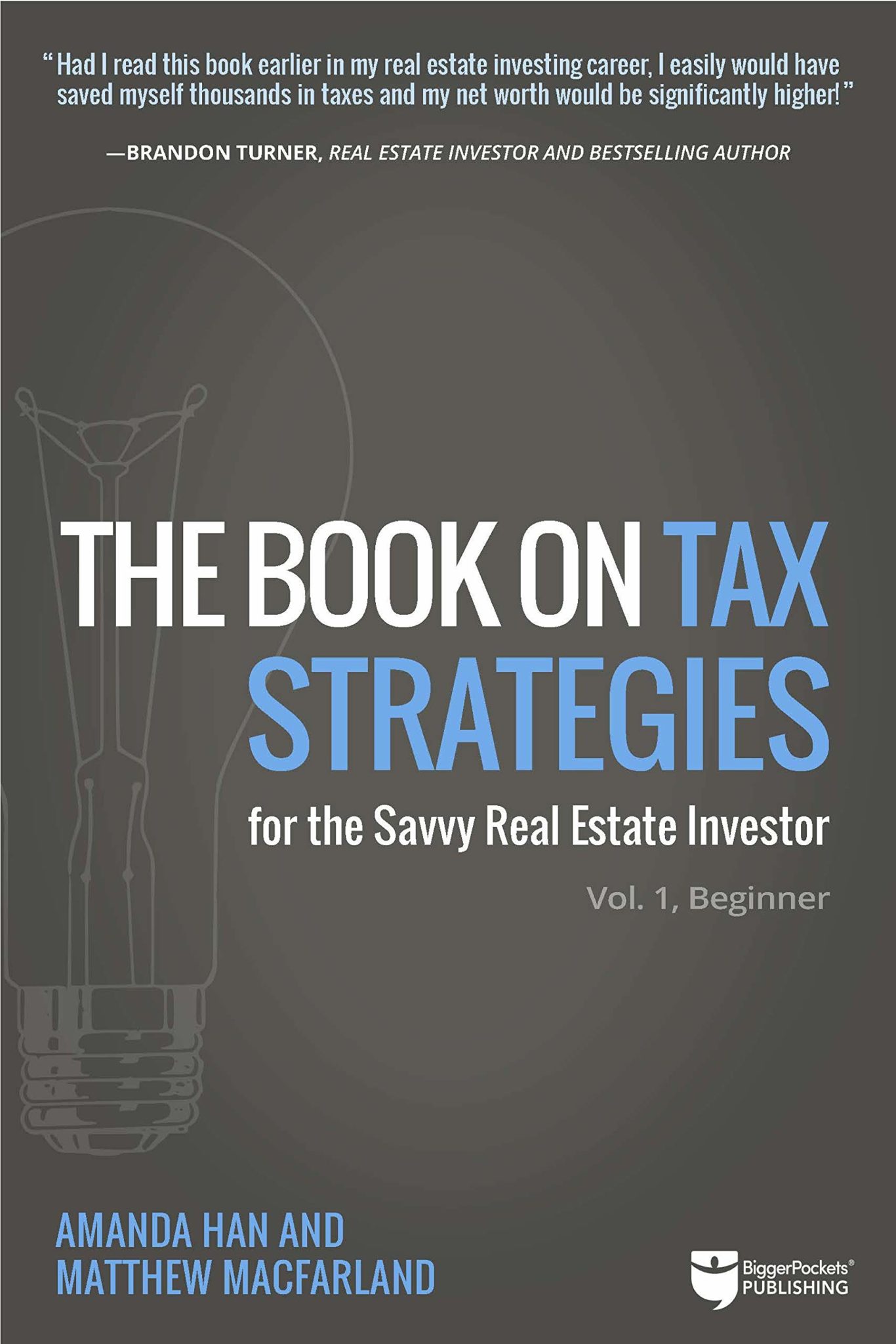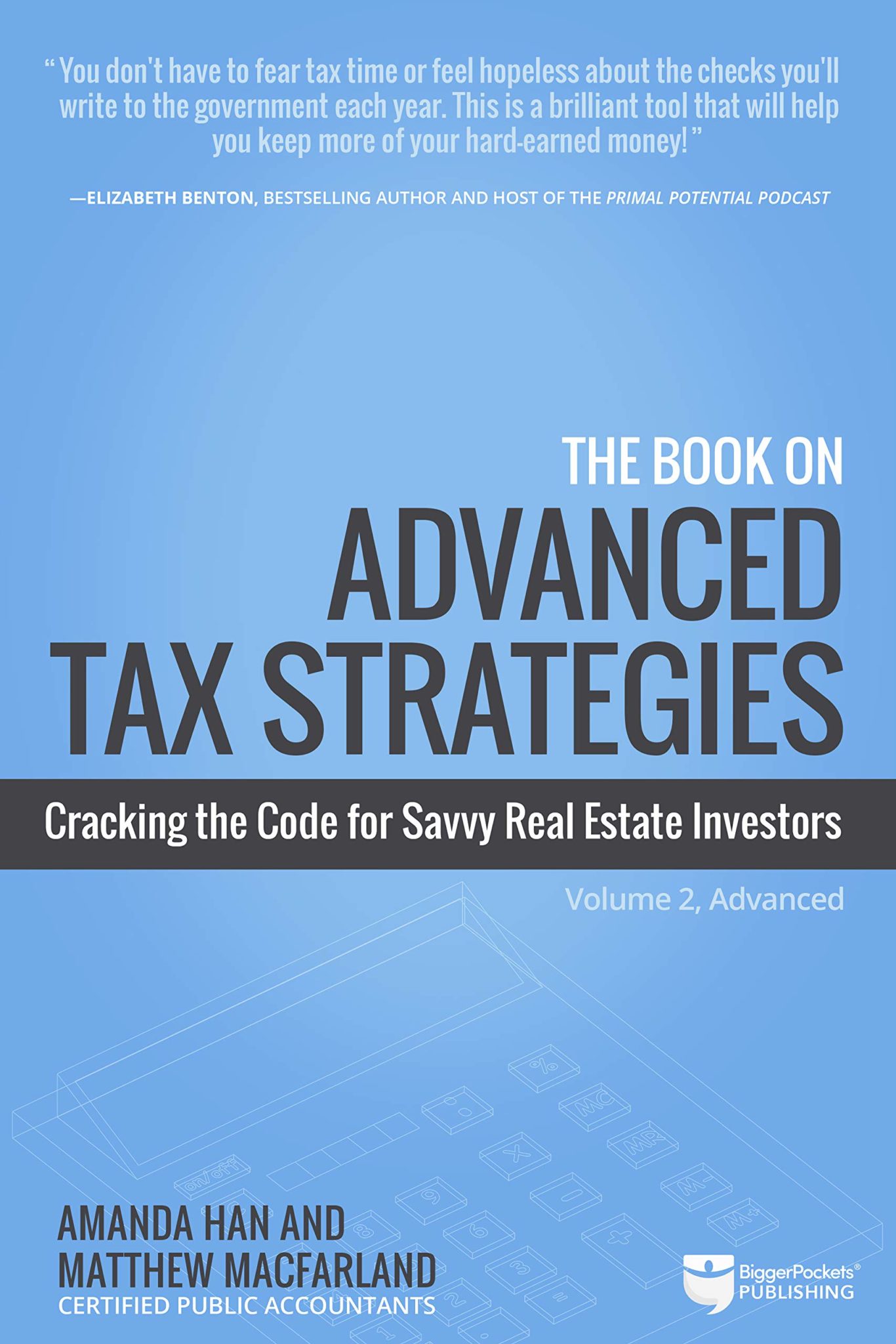Real estate investments can provide excellent returns if the proper steps are taken, but many new investors lack the necessary skills and education. I wanted to discuss the significance of real estate education through books. This article will present the 18 best real estate investing books to get you started in 2025. If you read all of these books, you will gain a lot of knowledge and learn from the case studies of top investors who have had great success in real estate investing.
Are you a real estate investor? Are you planning to invest? Real estate investing is an ever-evolving industry. Real estate is regarded as one of the best investments that a person can make. But why do so many people struggle with it? The first step is to prepare your mind and habits for success. You will also require adequate real estate education to assist you along the way.
Why Should You Read the Best Real Estate Books as a Beginner in Investment?
Well, real estate investors disagree on many topics, but one that nearly all agree on is the necessity of investing in yourself. There are literally thousands of books out there that deal with real estate investing, and I've probably read a lot of them! These are my choices of good books on real estate investing for this year. What about you?
Reading books is one thing, but where do you start? To be successful as a new real estate investor, you need to learn but it can be hard to sift through all the books to choose from. Finding a good real estate book can be difficult, especially if you don't read a lot. So I've created this list and I felt I would give it to you in a way that breaks it down into several categories.
I want it to break it down into the following areas, mindset, finance, and investing real estate investing for beginners, which is really from beginners to intermediate level investors, and then real estate investing books to grow your business. So once you've gotten started just continue to grow and scale books on property management and books on taxes, or more specifically on how to save and minimize your taxes.
So that's essentially six categories. Now, keep in mind, this is not an exhaustive list. There are literally hundreds, if not thousands, but hundreds of books on real estate. In fact, if you don't believe me, just go to amazon.com and type in real estate investing or even just real estate. And you will see there are a lot of books and that's the problem. There are just too many books to choose from, and it's really hard to know which ones are good, great, or bad. And believe me, there are many bad books out there.
The other thing too, to keep in mind is that if you don't like reading, or if you're a slow reader, you can get the audiobook version of most, or probably all of these books that I have on the list today. So whether it's print or audio, there's something for you today. In fact, you could actually have both. You could read when you have the time to read and listen to the audiobook in the car, or when you're doing stuff around the house or going for a walk.
And last but not least, I will edit and continue to edit and add to this list from time to time. So it's a living, breathing dynamic list. It's not static, it's not a one size fits all list, but I wanted to pick what I felt were the best books for this list at this time. So with that, let's start with the first of the six categories and that is the mindset.
So I've tried to keep it to about anywhere from two to four books per category or section, it's probably an average of three books per section. And what I'm going to do is just tell you the book and give you a brief description of that book and what you can expect from it. And then you can just decide on your own, whether it's something you want to listen to or read. So the three books that I picked for mindset start with a classic, a perennial classic, and most people would think I'm going to say, Think and Grow Rich.
That is a great book. And I do recommend reading the classic, the original book, not the revised edition of it. If that's a book that you haven't read or it's been a long time and you probably should go back to reading it because Napoleon Hill's come out with a lot of great books and a lot of great content because he had access to some of the wealthiest people in the country back in the day.
18 Best Real Estate Investing Books For Beginners for 2025
Below, you will find 18 of the best real estate investing books for beginners recommended by entrepreneurs and investors. Read these real estate books in 2025 to become successful in this business. These books are vital to get success in real estate. They will form the backbone of your success for years to come. These books are not just real estate specific, they will also help you develop a winning mindset.
1. The Richest Man in Babylon
But my first pick is The Richest Man in Babylon. And again, this is the original edition that I'm referring to, not the edited or revised edition for the 21st century. Get the original text. The Richest Man in Babylon is based on Babylonian parables, and it has been hailed as the greatest of all inspirational works on the subject of thrift and financial planning, and personal wealth in simple language, these fascinating and informative stories in the book set you on a sure path to prosperity and it's accompanying joy.
So these are just great stories. It's not really a how-to book. It's more of a storybook than anything else, but it is a celebrated bestseller. And it often offers an understanding and a solution to most people's personal financial problems, whether they know it or not, it identifies what your problems are, but revealed inside of the book are the secrets to acquiring money, keeping the money, and making money, earn more money for you, which really parallels perfectly with what I talk about all the time.
And that is the three categories, buckets, or areas of creating wealth. And that makes money, grows your money and protects your money. So anyway, stick to the original edition. It is the original uncensored version of the book, the language of the content, and the message from the author. George S Clason, I believe that's how you pronounce his last name.
2. The Compound Effect: Jumpstart Your Income, Your Life, Your Success
And this book was actually written in 1926. So it's way back there. In fact, it's even before Napoleon Hill's Think and Grow Rich. Now, fast-forward to the recent past as in the 21st century, the next book I'm sure many of you are familiar with, but probably most of you are not a book by Darren Hardy called The Compound Effect: Jumpstart Your Income, Your Life, Your Success.
This book reveals the core principles that drive success and The Compound Effect book contains the essence of what every super achiever needs to know practice and master to obtain those extraordinary results, extraordinary success. So in this book, they talk about things like how to win almost every time, the number one strategy to achieve any goal and triumph over your competition.
It really is a book to help separate and differentiate yourself. It talks about eradicating bad habits and we all have bad habits. And often those derail your progress. It talks about the real lasting keys to motivation, kind of like what Tony Robbins talks about, but more so. And that is how to get yourself to do things you don't feel like doing.
And I know we're all there at various times of the day, the week, the month, how to capture that elusive awesome force of momentum. Because once you get going, you feel like you want to keep going. You don't want to stop because once you get going, it's almost hard to stop, and talks about many other things and something he refers to as the acceleration secrets of super achievers.
So The Compound Effect has a great title because small successes compounding on small successes lead to larger successes, which continue to compound on themselves. And so once you have that momentum, it continues to grow. But if you're serious about living an extraordinary life, then read this book. It will help to create the success that you desire.
3. High Performance Habits
My third book pick here is from Brendon Burchard, someone who I had on the show, not too long ago, I think it was about a year, year, and a half ago. Great guy. In fact, our interview went so long. I had to split that episode into two parts. So you could look for that episode. And I believe it was called High-Performance Habits, which happens to be about the book that he wrote.
One of his last books is called High Performance Habits. How extraordinary people become that way. So 20 years ago, or so Brendan became obsessed with answering three questions. He wanted to know why do some individuals and teams succeed quickly more quickly than others, and actually sustain that success over the long term. You wanted to find out of those people who actually pull it off, why are some miserable?
And then the other group are consistently happy on their journey. And thirdly, you wanted to know what motivates people to reach for higher levels of success in the first place. And then what practices help them improve the most. So after doing some extensive, original research that he does in his own company, and after a decade, as the world's leading high performance, coach Brandon found the answers to these three questions.
And it turns out that just six deliberate habits give you that edge. Now he says that anyone can practice these habits. And when they do extraordinary things happen in their lives, in their relationships, in their careers, it really is a good book. It is definitely well worth reading regardless of what you do in terms of your job or career, business, or practice. It really is a book on becoming a high performer. And to become a high performer, you must seek clarity.
Clarity is so critically important. You have to know how to generate energy. You have to know how to raise necessities, increase your productivity, develop influence, and then lastly demonstrate courage. And this is what he talks about in the book. So it's really the art and the science of how to do it all. And that's what you're going to learn by reading this book or listening to the audio.
So those are my three picks and believe me in this category about mindset, literally, there are over a thousand books. I mean, there is so much out there from Brian, Tracy to Tony Robbins and you name it. But these three are, I think very, very fundamental. In fact, I would argue that they are cornerstone books, The Richest Man in Babylon, The Compound Effect, and High-Performance Habits will improve and change your life. Okay. That's the first category.
The second category is finance and investing. And again, this is one of those sections where there are literally hundreds of books. And again, it's hard to narrow it down, but it wasn't too hard for me to pick. What I feel are probably the three cornerstone books, regardless of how experienced you are how much, you know, how seasoned you are, or how wealthy you are.
Because the fundamentals and the principles found in these three next books are great as a refresher. I'm sure you're going to read it. And there are things that you never knew before, and it's just great additional knowledge.
4. Rich Dad, Poor Dad: What the Rich Teach Their Kids About Money That the Poor and Middle Class Do Not!
So the first one is probably no surprise to anybody. I'm sure most of you have read this at some point in the last 22 years, it's been that long, but many of you know of it. So it is Rich Dad, Poor Dad, what the rich teach their kids about money that the poor and middle class do not buy. Obviously, Robert Kiyosaki, this book has since become the number one personal finance book of all time.
It's been translated into dozens of languages and it's been sold all around the world. I'm not even sure how many millions of copies this book has sold, but it has become a modern-day classic finance classic. So Rich Dad, Poor Dad is Robert's story of growing up with two dads, his real father and the father of his best friend, his rich dad.
And it talks about how both of these men, his fathers shaped his thoughts about money and investing. So the book explodes the myth that you need to earn a high income, to be rich and explains the difference between working for money and having money work for you. And that's a key distinction.
And a lot of the book builds upon that concept, but the book is great because it challenges the belief that your house is an asset, which most people still believe to this day. It is not, it is a liability. And if you don't know why to read the book, it shows why parents rely on the school system to teach their kids about money and why that's a mistake in that.
Doesn't actually work. It defines once and for all, what an asset and a liability truly are. It makes simple definitions for this stuff. And it teaches you what to teach your kids about money for their future. So if you're a parent listening to this and you want to help your children become financially literate and increase their financial IQ, this is a foundational book. It's one of the starting books if you will.
5. Rich Dad's Cashflow Quadrant: Rich Dad's Guide to Financial Freedom
So the second book, no surprise is going to be the second book in what is essentially a three-part series of the Rich Dad series of books. These are the three foundational books, but the second book is Rich Dad's Cashflow Quadrant: Rich Dad's Guide to Financial Freedom. This was the second book. So rich dad's cash flow quadrant is a guide to financial freedom.
It picks up where the last book left off first book, rich dad, poor dad. So as the second book in the rich dad series, reveals how some people work less, earn more, pay less in taxes, and learn to become financially free. So cash flow quadrant was written for those people who are ready to move beyond what they feel is job security.
And I say that in air quotes and enter the world of financial freedom. It's for those people who want to make significant changes in their lives and take control of their financial future because this is more of the how-to Rich Dad, Poor Dad was more of the foundational book, kind of laid out the principles and the concepts and some of the definitions that you need to know such as a profit and loss statement, a balance sheet, how money flows and all that, this builds on top of that.
Robert believes that the reason most people struggle financially is that they've spent years in school, but we're never taught about money. And Robert's rich. Dad taught him that this lack of financial education is why so many people work so hard. All their lives it's to work for money, instead of learning how to make money work for them, they basically just work for money.
So this book will change the way you think about your job, your career, owning your own business. And hopefully, it will inspire you to learn these rules of money that the rich use all the time to build and grow their wealth.
6. Rich Dad's Guide to Investing: What the Rich Invest in, That the Poor and the Middle-Class Do Not
The third book again, no surprises. It's not going to be a shocker. It's really the third book in that rich dad series. And these books work well together. They're built to be stacked on top of each other. So the third book is Rich Dad's Guide to Investing: What the Rich Invest in, That the Poor and the Middle-Class Do Not. So investing obviously means some different things to different people.
And there is a huge between passive investing and becoming an actively engaged investor. And one is not better than the other. There's no right or wrong. We're both at different times in our lives. And it also depends on what we're actually doing. We're always going to be active or passive investors.
Usually, we're both, but you just need to understand the distinction there, becoming an active investor means you're an engaged investor. And so there's a lot of power in that. So rich dad's guide to investing is one of the three core titles in this series. And it covers the basic rules of investing, how to reduce your risk in investing, how to convert that earned income you get from your active job or career, and turn that into passive income.
And he talks about something he refers to as rich dad's 10 investor controls. And this is where he gets into the weeds gets deep into the concepts of investing. So the rich dad philosophy makes a key distinction between managing your money and growing it and understanding the key principles of investing is the first step towards creating and growing wealth.
So this book delivers guidance. You need to help begin that process of becoming an investor and stay on that road till you get to that point of financial freedom. It's really more of a guide. In fact, the title says it is all rich dad's guide to investing. All right, well, those are the three books in the finance and investing category, and it's really the trio, the three rich dad series books, the initial or the original books.
7. The Ultimate Guide to Passive Real Estate Investing
Now let's talk about real estate investing for beginners. So this was a little bit challenging for me. In this category, I ultimately decided on four bucks instead of three for this now keep in mind, even though I'm calling it real estate investing for beginners, these books apply to almost everybody. Even if you are a seasoned or an experienced investor, there's a lot of stuff you can learn from these books.
If not every chapter, certainly some of the chapters in these books and the first one is really not a book at all. In fact, it is my ebook that has been a free download on our websites for the last probably 10 years, which has been downloaded literally tens of thousands of times. And I wrote this 40, 42-page ebook as a primer for people to understand the key concepts and key components of investing in real estate, leaning towards passive investing, meaning buy and hold, not flipping real estate, or to actively involved.
It's really about building a portfolio, creating wealth, creating passive income, and learning the fundamental key pieces. So it is really a great primer. So you read it, it's a great starting point, but then you build on top of it with these other books. So The Ultimate Guide to Passive Real Estate Investing the free download on our website is really about the most powerful way to accumulate wealth.
This guide that I wrote has been written to help educate all real estate investors, regardless of their experience level. And again, it's a primer. It talks about the advantages of income-generating real estate, how to analyze properties, key metrics, cash flow returns, what to look for in the quick test to see if a deal is worth even pursuing.
So it's kind of like the smell test, if you will, how to choose some of the best markets and neighborhoods. I try to pack it all in there. There's no fluff. It's just crammed with good information. So if you haven't downloaded a copy or read it, go ahead and do so. I'm going to be updating that soon to kind of a version 2.0, so I'll expand on it a little bit. And I'll just tighten up a few things in there based on today's economy and environment, but not much has changed because principles don't change. All right.
8. How to Invest in Real Estate: The Ultimate Beginner's Guide to Getting Started
The second book in the real estate investing for beginners series here is How to Invest in Real Estate: The Ultimate Beginner's Guide to Getting Started. This book was written by Brandon Turner. He's got several books. I've picked a couple of his and this book is great if you're starting and good if you're a moderate level investor.
So everyone knows that real estate investing can be a powerful way to build wealth and achieve true financial freedom. But because each person's journey is going to be a little different knowing the first steps to take is challenging for some people. So what this book does, it becomes a manual of sorts on getting started in real estate investing.
It gives you essentially an insider's look at the many different niches and strategies that exist. So it's not all about passive real estate investing. It's got a little bit of everything and it just kind of help to paint pictures. In other words, it shows you the landscape and then you can choose your path.
So what you can do is find which strategy and path work best for you, and then help you build the resources and the goals around that. Unlike most real estate books, this one won't tell you that there's any one secret path, okay. It is considered by many one of the best books on real estate investing.
9. The ABCs of Real Estate Investing: The Secrets of Finding Hidden Profits, Most Investors Miss
There's more than one path to success in real estate, but it has more than 40 real-life stories in the book from other investors on how they achieve success in real estate investing. And I'm sure you're going to be able to relate to many of those stories. There are a lot of similarities, but there are differences between every person and every story.
All right, the next book, the third book, if you will, is The ABCs of Real Estate Investing: The Secrets of Finding Hidden Profits, Most Investors Miss. And this is by one of the rich dad advisors, Ken McElroy. He is a sharp guy. You know, I've talked to him in the past. I've had him on the show at one point and you know, I like his content. Now he's really a big real estate guy.
He's focused primarily on big multi-family apartment complexes, but he did start with, you know, small real estate, single-family homes. And that doesn't mean that there's a migration path here. Some people will start with, you know, multi-units and apartments and work their way down to single families, duplexes, and fourplexes, and other people do the other way around.
And while other people just stick with one and stay with it. So you can create wealth and passive income with every size and type of real estate. But with his book on the ABCs of real estate investing, he kind of geared it more towards the people who are just getting started in the beginners and just real estate investing.
Think of it like real estate investing one Oh one, but he talks about things on achieving wealth and cash flow using real estate. You know, what a property is potential is how to unlock the myths that float around real estate for people who are seasoned, how to negotiate deals, evaluate properties and the purchase price, how to increase the income on a property, and ways to properly manage a property.
10. Long-Distance Real Estate Investing
Now he doesn't get into property management in any depth in this book, it just touches upon it. He actually has another book on that topic, which I'll talk about here in a minute. And then the fourth, if you will, fourth and last book in this category is Long-Distance Real Estate Investing. Now I love that title. He doesn't get too deep into it, but it is a good book. It's by David Green.
It's one of the bigger pockets series books. But you know, what he talks about is living in a hot market or a market that's not suited for buying hold investing because it's just unaffordable too expensive. The numbers don't work, whatever the case is, but he poses the question. Well, how do I take advantage of building wealth in real estate? When I live in a market that I can't invest in, it's impossible, or how do I avoid, you know, market fluctuations or the next market crash.
So we know real estate investing is one of the greatest vehicles for creating wealth, but you need to understand how to choose markets and be able to be nimble and agnostic. And this is stuff I talk about on the podcast all the time, and this is what he talks about in the book. I just wish he would get more deep into the concept of done for you and rent, ready properties, and turnkey properties.
He touches upon it. But to be completely honest with you guys, I have always found since the beginning of bigger pockets in 2007, they've always had a bias towards turnkey, real estate investing, and passive real estate investing in general. They are certainly of the active, real estate investing flavor. They certainly believe in buying, fixing, and creating value on properties.
It seems that to me, that most, if not all of their content, either excludes conversations about turnkey investing, buying properties that are essentially rent-ready. So you don't have to do any fix-up or renovation work. They're all about putting in sweat equity to create value. That's fine, but that's not for everybody. And we all know that a lot of us are busy. We don't want to go down that road.
We just want to invest in real estate and build a portfolio and let it grow over time. So I'm not knocking the book. The book is good. I just wish he had more on the topic of passive real estate, investing, turnkey, real estate, investing, and done for you models instead of hiring a team outside of your local market to essentially do all the grunt work, swinging the hammers, and everything else, that's fine.
But I think he glosses over a little too much. In fact, all the “Bigger Pockets” books gloss over the turnkey space. So in this book, real estate investor and police officer David Green, shows you how he's built a multi-million dollar portfolio through buying, managing, and flipping out of state properties. So keep that in mind when you read it, but he does share tips, tricks, and systems that he's put in place over the years of his real estate investing experience and journey and what he's done to essentially succeed and avoid making mistakes along the way, but just realize that's the perspective.
Anyway, the bottom line with this book, and what I like to talk about all the time is to don't let your location dictate your financial freedom, learn how to succeed regardless of where you live and where you invest, choose the right markets, the right neighborhoods, the right properties, and have the right team around you. And that will be a secret if you will, or a formula to your success.
11. The Millionaire Real Estate Investor
All right, the next category is real estate investing to grow. So this is kind of the next level up. One of my favorite books that I read in real estate investing is The Millionaire Real Estate Investor by Gary Keller, Gary Keller well-known author. He is obviously the founder of Keller Williams, the real estate brokerage nationwide real estate brokerage. So he is a real estate investor and a very good one.
Anyone who seeks financial wealth first needs to learn the fundamental truths and models that drive it. And this is what he talks about in the book. So the millionaire real estate investor represents the collected wisdom and experience of over a hundred millionaire investors from all walks of life who have pursued financial wealth and achieved it through real estate.
And so what he did is he basically created this book in a straightforward, no-nonsense way that reveals the strategies that these hundred millionaire investors have used to create financial freedom, independence, and a lifestyle that works for them. So this book essentially is a handbook that has tried and true financial wealth-building principles and models built around real estate that reward your patience and perseverance, and he lays it out.
So some of the things he talks about are the myths about money and investing and especially the ones that hold people back and really how to develop a mindset of a millionaire investor, which goes back full circle to where we began about mindset. You know, even when he talks about this in the beginning part of the book, he talks about how to develop sound criteria for identifying great real estate investment opportunities, how to zero in on key terms and parts of transactions and achieve the best possible deals when you're putting a deal together or looking for a deal.
He also talks about how to develop your dream team, which is something I talk about often proven models and strategies that millionaire investors use to track their net worth understand finances. It's not a very complex or complicated book. It's not going to put you to sleep or cause your eyes to glaze over.
12. The Book on Rental Property Investing
I think it's extremely well-written. So again, it's one of my favorite books. It's a blue and white book. The next book in this category on real estate investing to grow is The Book on Rental Property Investing. Again, this one is the second one by Brandon Turner. So in this book, he discusses practical strategies that investors around the world use to build significant cash flow with their rental properties. So this is getting a little bit more into the weeds, a little bit more tactical if you will.
So in this book, you'll learn how to build an achievable plan, how to find good deals, how to analyze those properties and those deals build your team, finance, the rentals, and a whole bunch more, and basically everything you need to become successful at rental property investing. Again, it's a book there's only so much you can put in the book, but it does a good job of laying it out. This is one of the best books on real estate investing. This book will feed what you need to succeed in rental property investing.
13. Advanced Guide to Real Estate Investing: How to Identify the Hottest Markets and Secure the Best Deals
Okay. So again, think of it like a, a, a practical guide. So there's a lot that he covers in this book, but you know, he starts with why real estate investors fail and how you ensure that you don't. And he talks about four easy-to-follow strategies that you can build your real estate portfolio on creative tips to find those deals, how to achieve success by avoiding property management, which, you know, we all love actionable ideas on financing.
Those rentals. Now, obviously, there are limitations there, but for the most part, it's going to be cheap financings like conventional loans and a little bit of advice on keeping your wealth by deferring and eliminating your taxes, which you know, is really not an extensive part of the book, but essentially something we'll talk about here in a minute last but not least. I included another book by Ken McElroy, and this is the Advanced Guide to Real Estate Investing: How to Identify the Hottest Markets and Secure the Best Deals.
So if you're interested in the real estate investing space, you may have noticed that this part of real estate doesn't get covered much. And when it does the mainstream media focuses mostly on, you know, stocks, bonds, mutual funds, and that kind of stuff. And they don't really talk about real estate as an investment, all that much. It's really about homeownership.
And even when they do talk about it, it's like, Oh, it's like this one, nebulous bob, they refer to as the housing market, but they don't really talk about specific markets unless you're listening to your local news channel, but that's because financial publications, TV, radio, um, they make the bulk of their money from advertising paid by the very companies who provide the mainstream media and those channels with financial services, the advertising, the marketing, all that stuff.
But real estate investment is something that you can do on your own without a large amount of money upfront, as we all know if you just learn how to do it and pick the right markets to do that. So what Ken did with this book is he picked up where he left off in the first book, the best-selling book, ABCs of real estate investing. And he reveals the next essential lessons and the information that you need as an investor to succeed and continue to scale and grow your business.
So he built on the foundation of the first book, which is kind of like real estate investing one-on-one and he talks more about how to think and operate like a real estate mogul. How do identify and close expert deals, you know, differences between single multi-family property surrounding yourself with the right team to maximize your money, avoid paying thousands in taxes, by structuring property sales wisely? This is a kind of asset protection and tax strategy combined, and last but not least important projections about the future of real estate investing. Now, this book is a few years old, so, you know, I'm sure some things have changed.
14. TheABCs of Property Management: What You Need to Know to Maximize Your Money Now
I don't think Ken was expecting the amount of appreciation that we would have seen over the last two, three years and the lack of inventory. So it kind of compounds what he talks about. The next section is about property management. And so again, Ken wrote a third book on this subject because this is where he actually started his real estate career as a property manager.
And so his book is The ABCs of Property Management: What You Need to Know to Maximize Your Money Now. So as you start to invest and you build your portfolio, the question comes up, you know, how are you going to make it as profitable as possible? And how will you maximize its potential and make it grow in value? And the one word he has for this is management.
Now that doesn't mean you managing the property, although you could, if you want it to, there's nothing wrong with that. And it's probably good to understand how to manage your property, but if you're managing your managers, this is good information. So this book can reveal the key to his success, and that is exceptional property management.
So he teaches you the most important principles and the keys to achieving success, where other people fail, which is often in the management of their properties. So he talks about things like how to decide, you know when to manage your property and went to hire someone, to do it, how to implement the right systems.
If you're doing it yourself structures for your investment, how to manage and maximize cash flow, you know what to expect, essentially it's the life of an owner-manager and how to find the right property manager and avoid the wrong ones. So I think this is a good book as a frame of reference, whether you manage or you don't.
15. The Book on Managing Rental Properties
The second book is if you choose to manage your own properties, it's another book by Brandon Turner called The Book on Managing Rental Properties, a proven system for finding, screening, and managing tenants with fewer headaches and maximum profits. This is definitely a book for a do-it-yourself. So if you want to manage your own properties, even if it's just one or you already manage your properties, this might be a good supplement to that.
So no matter how great, you know, you are at finding real estate deals, if you, I don't want to manage your properties well or correctly, you're obviously leaving money on the table, or you're not maximizing your returns. Brandon likes to say that being a landlord can be fun, but only if you do it right. So learning to effectively manage your tenants means that you end up with more freedom, less drama, higher profits from your real estate business.
And it just ends up looking good, feeling good. So Brandon's a, you know, an experienced property manager, he's been managing his own properties for a long time. And what he does in this book is essential takes you on an insightful tour of their management business there as in, you know, him and his wife. So you can learn how they've been able to maximize profit, minimize their stress.
He says that he has a blast doing it. So I guess you can learn how to do that too. But he talks a lot about his personal stories of the mistakes that they've had, and that you can learn from. And he talks about the different tools and tricks and systems that they've put in place over the years. And the book probably will change the way you think about property management altogether.
So there's a lot of stuff he covers in the book. I think it's more than a beginner's book. It's certainly a primer, but it has some advanced content. So overall I think it's great. And last but not least taxes, you know, the thing we want to defer or eliminate as much as possible. So I have three book picks here. There are many books out there on taxes, but I think these are great fundamental books.
And really what I've tried to do again, is boil it down to the best two, three, or four books in each section that will give you everything. You need, the nuts bolts strategies, tactical plans, and not leave you hanging. So the three books I chose for the area of taxes is first and foremost, the book by Tom Wheelwright, another one of Robert Kiyosaki's rich dad advisors, great guy, super smart. I've had him on the show several times. Always have great episodes talking to Tom, but his book, which he just revised recently.
16. Tax-Free Wealth: How to Build Massive Wealth by Permanently Lowering Your Taxes
So it's the newly revised version, but it's called Tax-Free Wealth: How to Build Massive Wealth by Permanently Lowering Your Taxes, what a great title. So I will say that this book is slanted a little bit more toward business owners and entrepreneurs, but it applies to anybody and everybody because if you pay taxes in any way, shape, or form, you're going to learn something or you can learn something from this book.
So tax-free wealth is about tax planning, concepts, and how to use the tax laws to your benefit. So Tom explains how the tax laws work and how they are designed to actually reduce your taxes, not increase them. The key here is to understand how taxes and tax law works. So the book explains how to use the tax laws to your advantage, and in ways that will support your vision and growth plans, not only for your company or your business, but you know, for your investing empire as well, however, that is structured and you know, more specifically real estate.
17. The Book on Tax Strategies for the Savvy Real Estate Investor
So once you understand the basic principles of tax reduction, then you can immediately reduce your taxes to the point where eventually you may be able to legally eliminate and contactless and drastically reduce your taxes overall. And he talks about this in the book. So it's about minimizing, eliminating, and deferring your taxes.
Those are the three things he talks about in the book. Now, once you get through that, there are two books specifically on real estate investing, as it relates to taxes. And the first one is The Book on Tax Strategies for the Savvy Real Estate Investor. The subtitle to this book is powerful techniques.
Anyone can use it to deduct more, invest martyrs, and pay far less to the IRS. The book was written by Amanda Hahn. She actually lives in Orange County here, not too far from Ireland. And what she talks about is ways to maximize your deductions for your real estate business.
18. The Book on Advanced Tax Strategies: Cracking the Code for Savvy Real Estate Investors
And they also talk about practicals on how to minimize your taxes, not only for this year but in future years, as well as ongoing strategies that will make your next tax season that much easier. So what they want to do is basically help you save thousands of dollars by having great tax strategies in place.
So they talk about creative methods to maximize your deductions, clever ways to write off your kids' strategies, to write off every penny on your travel tips and tricks to cut down on bookkeeping time, and simple procedures that will protect you from IRS audits. So that's their first book, the foundational book, there's a lot in that book, but then they wrote a sequel to it, which is my third book in this category of taxes again by Amanda Hahn.
And this is The Book on Advanced Tax Strategies: Cracking the Code for Savvy Real Estate Investors. And you know, what they say is that when it comes to taxes, it's not about how much money you make, but how much money you actually keep. So if you're tired of working hard all year, just to lose, you know, the largest chunk of that money that you earned to the IRS, then, you know, obviously you want to learn as much as you can about taxes, you know, believe it or not.
The US tax system is filled with loopholes designed specifically to benefit real estate investors. And this actually got better in 2017 with the new tax act that was put into play under the Trump administration. So what was great as far as tax benefits for investors and real estate investors actually got even better with that tax act. So this book is a comprehensive follow-up to the book on tax strategies, which was a best-selling book by Han and Matthew McFarland.
And this just brings you more strategies to slash your taxes and turn your real estate investments into a tax-saving machine. And, you know, again, this book just goes deeper into a lot of the stuff from 10 31 exchanges to taking advantage of opportunity zone, tax benefits, how to supercharge your nest egg with self-directed investment strategies, steps to use your rental properties to legally wipe out your taxable income.
What else did they talk about in their ways to take advantage of the tax reform benefits that came about with all your real estate deals, accelerating your depreciation, and even common retirement and investment tax traps, and really how to avoid those? So, you know, people sometimes make the mistake of investing in their retirement account and then only find out that, you know, they've made a mistake. They don't have any tax benefits or maybe are not liable for tax penalties because they did it wrong.
Here's another blog that you can read – 12 Books to Read if You Want to Get Rich.
Work with Norada in 2025, Your Trusted Source for
Turnkey Real Estate Investing
Discover high-quality, ready-to-rent properties designed to deliver consistent returns.
Contact us today to expand your real estate portfolio with confidence.
Contact our investment counselors (No Obligation):
(800) 611-3060

